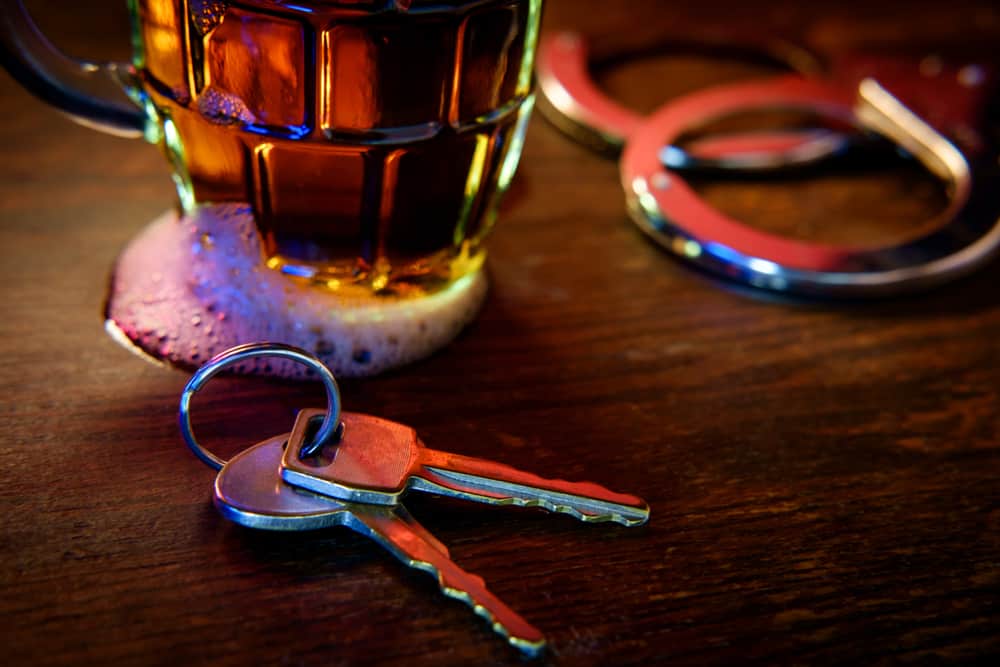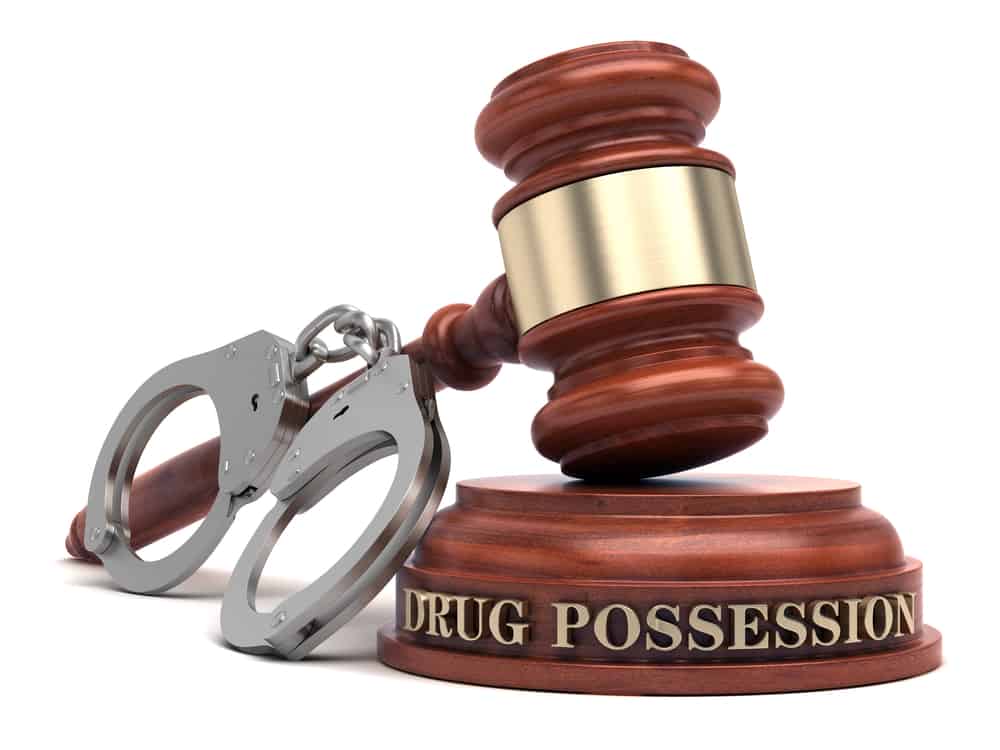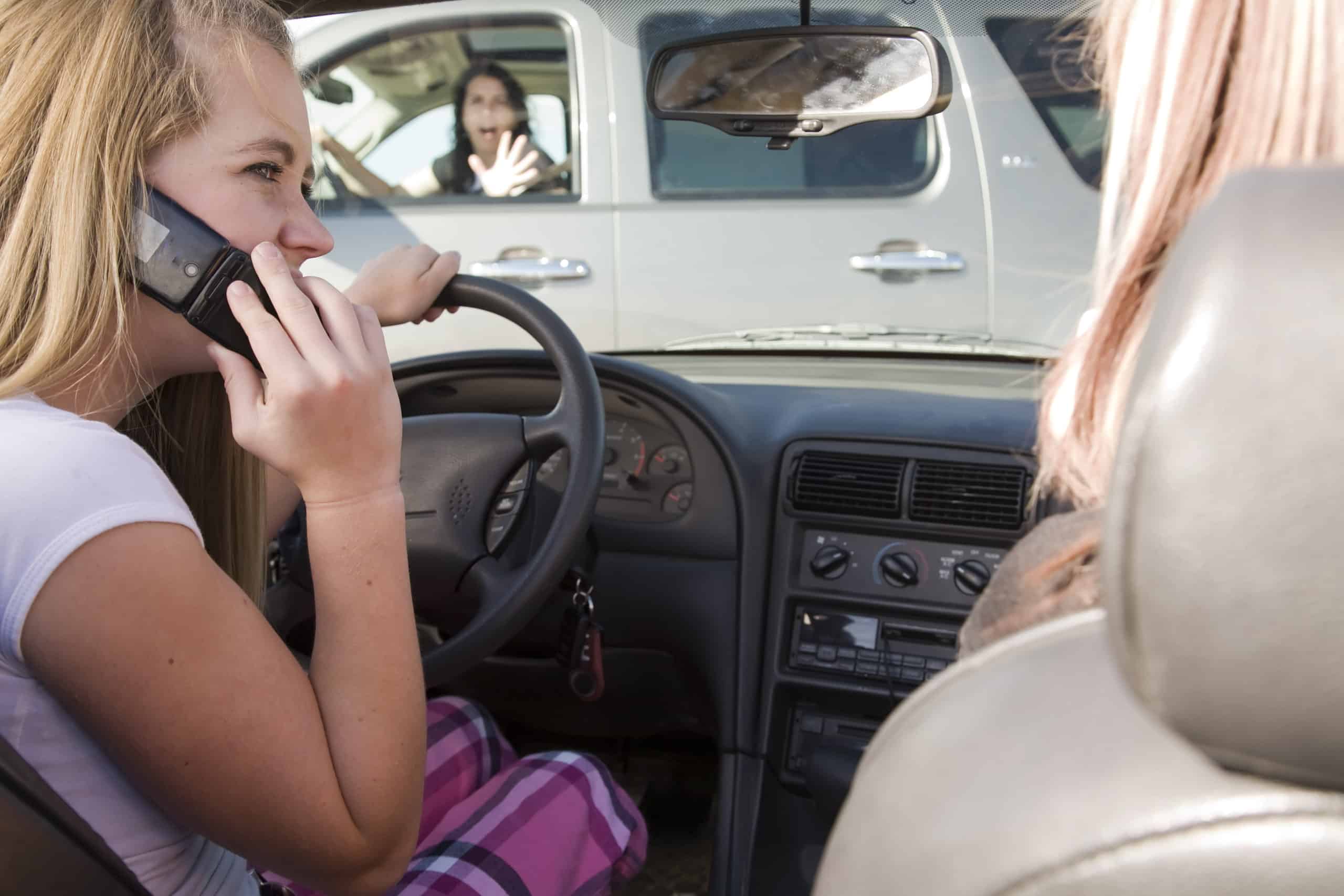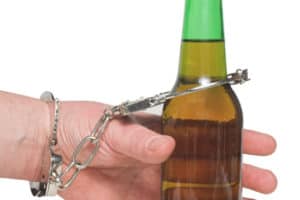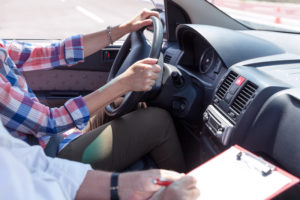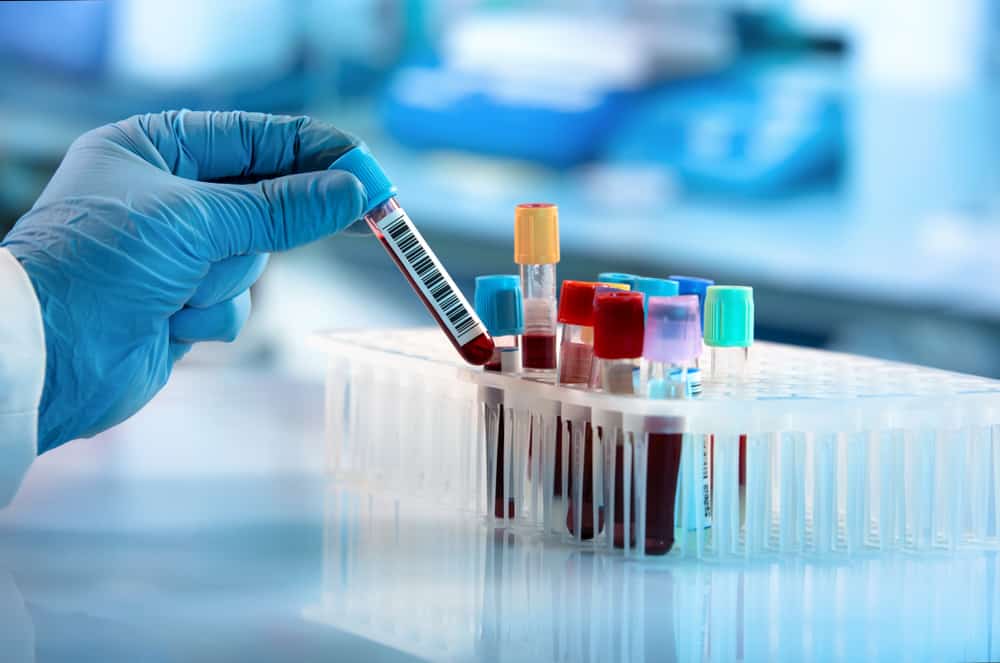
Mistakes made in breath or blood testing procedures can lead to a drunk driving conviction, potentially sending you to jail and costing you your driver’s license. Before you assume that a conviction is inevitable, talk to a breathalyzer and blood test defense lawyer in University Park to learn more about your options.
With more than 30 years of experience in the Texas criminal justice system, DWI attorney Randall Isenberg understands how to identify errors in chemical testing evidence and use it to potentially improve the outcome of your case.
For your free consultation, contact the Law Offices of Randall B. Isenberg at 214-696-9253.
The Potential for Errors in Breathalyzer & Blood Testing Evidence
Prosecutors use breath and blood test results to obtain guilty pleas and convictions in most DWI cases. Suspects and jurors alike place substantial faith in these tests, as they appear to provide science-based support for establishing guilt.
In truth, these tests are rife with the potential for error.
The potential chemical tests that the police can use to measure blood alcohol concentration (BAC) are as follows:
- Breathalyzer tests
- Blood tests
- Urine tests
The police rarely use urine testing; however, the statutes allow for it when necessary. Breathalyzer testing provides the simplest and most accessible method of testing for BAC because the police can set up a testing area in the station and test suspects quickly and conveniently after an arrest.
Blood testing provides highly accurate results. However, to obtain a blood test, the police must transport the suspect to an authorized lab to obtain and test the sample.
The potential for error in breath testing is high, as the equipment used requires frequent calibration, testing, and inspections to ensure it works correctly. Operators must have extensive training and certification to use the equipment. And, even when the equipment and operator meet all the necessary standards, a variety of factors can influence the test, causing false-positive readings.
Blood testing also presents a variety of issues, including the potential for sample contamination.
Challenging Blood & Breathalyzer Test Results
At the Law Offices of Randall B. Isenberg, our legal team understands how unreliable chemical BAC testing can be. Consequently, we can examine the evidence in your DWI case and identify any potential errors or problems that may invalidate the test results.
Potential Breath Testing Challenges
In University Park, the police primarily use the Intoxilyzer 5000 system for administering breath tests. This system requires regular calibration, testing, maintenance, and inspections to ensure proper function. The police must assign a qualified supervisor to monitor the equipment and its operation. Operators must have extensive training and maintain a current certification to administer the tests.
At the time the police send you for a breathalyzer test, the operator must run additional tests to prove the machine’s proper operation. However, if you take medications or use certain types of mouthwash or oral care products, you could have a faulty reading — even after the technician verifies the machine’s correct operation.
We know so much about the Intoxilyzer 5000 system because we have two in our office.
Potential Blood Testing Challenges
Any facility that provides blood testing for BAC must be accredited and duly certified to draw and analyze a suspect’s blood sample, as must the individuals who take and process the sample. Errors can occur at any phase of the process, including possible cross-contamination or the mishandling or storing of the sample.
Our legal team has in-depth knowledge of the chemical testing process and its vulnerabilities. We will carefully evaluate the evidence to identify potential problems that could invalidate the BAC testing results. Using this information, we can demonstrate the potential weaknesses to the prosecutor and, knowing they may struggle to get a conviction, we can often negotiate the reduction or dismissal of the charges.
Call us to learn more about how we can fight your results: 214-696-9253.
Challenging the Legality of Administering Breathalyzer or Blood Testing
Before the police can arrest you and request that you submit a breath or blood sample for BAC testing, they must obey the laws established to protect U.S. residents against illegal search and seizure.
If the police violate the law or fail to follow established procedure, we can argue that the very act of testing you for your BAC violated your rights. The most common bases for this argument are as follows:
Failure to Establish Reasonable Suspicion
Before the police can stop your car, they must establish reasonable suspicion that you broke the law by driving drunk. Simply watching you leave a bar and drive away does not constitute reasonable suspicion unless you drive erratically or otherwise demonstrate a lack of competence behind the wheel.
Failure to Establish Probable Cause
Once the police establish reasonable suspicion and pull your car over, they must establish probable cause of your impairment before they can arrest you and send you for breath or blood testing. Typically, officers accomplish this using field sobriety testing, although they may use a portable breathalyzer on the roadside.
Each of these tests must meet strict standards and guidelines. Otherwise, they may fail to adequately establish probable cause. The subjective nature of field sobriety testing also provides additional opportunities for a legal challenge.
Failure to Issue Statutory Warning
The police must issue you specific forms containing verbiage required by the state statutes. They must also deliver these warnings verbally. Failure to do so may provide another opportunity to challenge the legality of the BAC testing.
Call today for your free consultation: 214-696-9253.
See How a Breathalyzer and Blood Test Lawyer in University Park Can Help You, Call Today — 214-696-9253
A successful legal challenge to BAC testing can keep you from going to jail for drunk driving. Our legal team can use any identified weaknesses or errors to negotiate with the prosecutor for a reduction in your DWI charges or the complete dismissal of your case. Or, if necessary, our University Park breathalyzer and blood test lawyer can introduce these challenges in court, if we take your case to trial.
To help you understand more about these and other options you may have for challenging DWI charges, we would like to offer you a complimentary assessment of your case. We can answer your questions and explain your options, so that you can make the best possible decision for you and your future.
Contact our office at 214-696-9253 for your free consultation.






